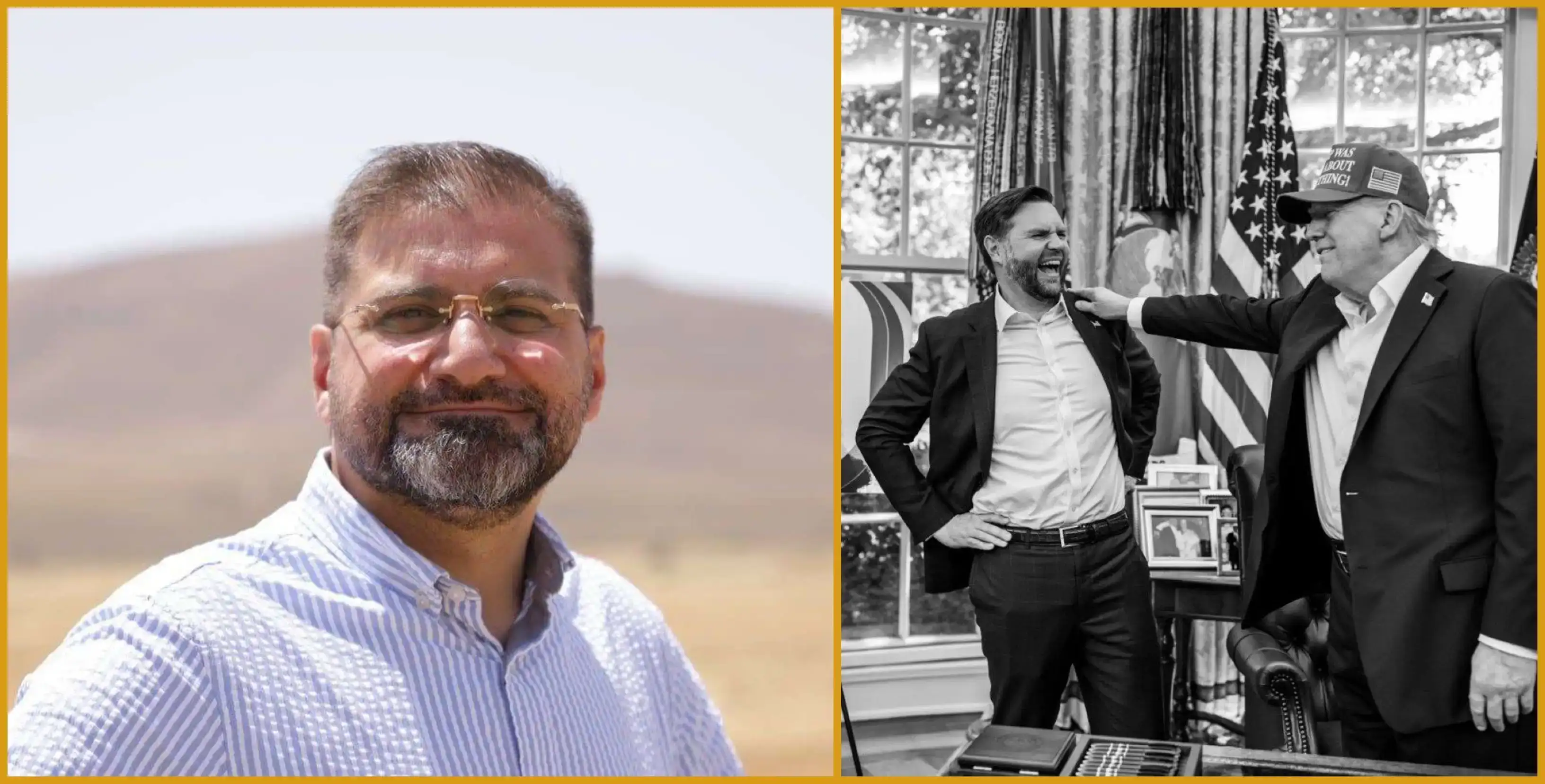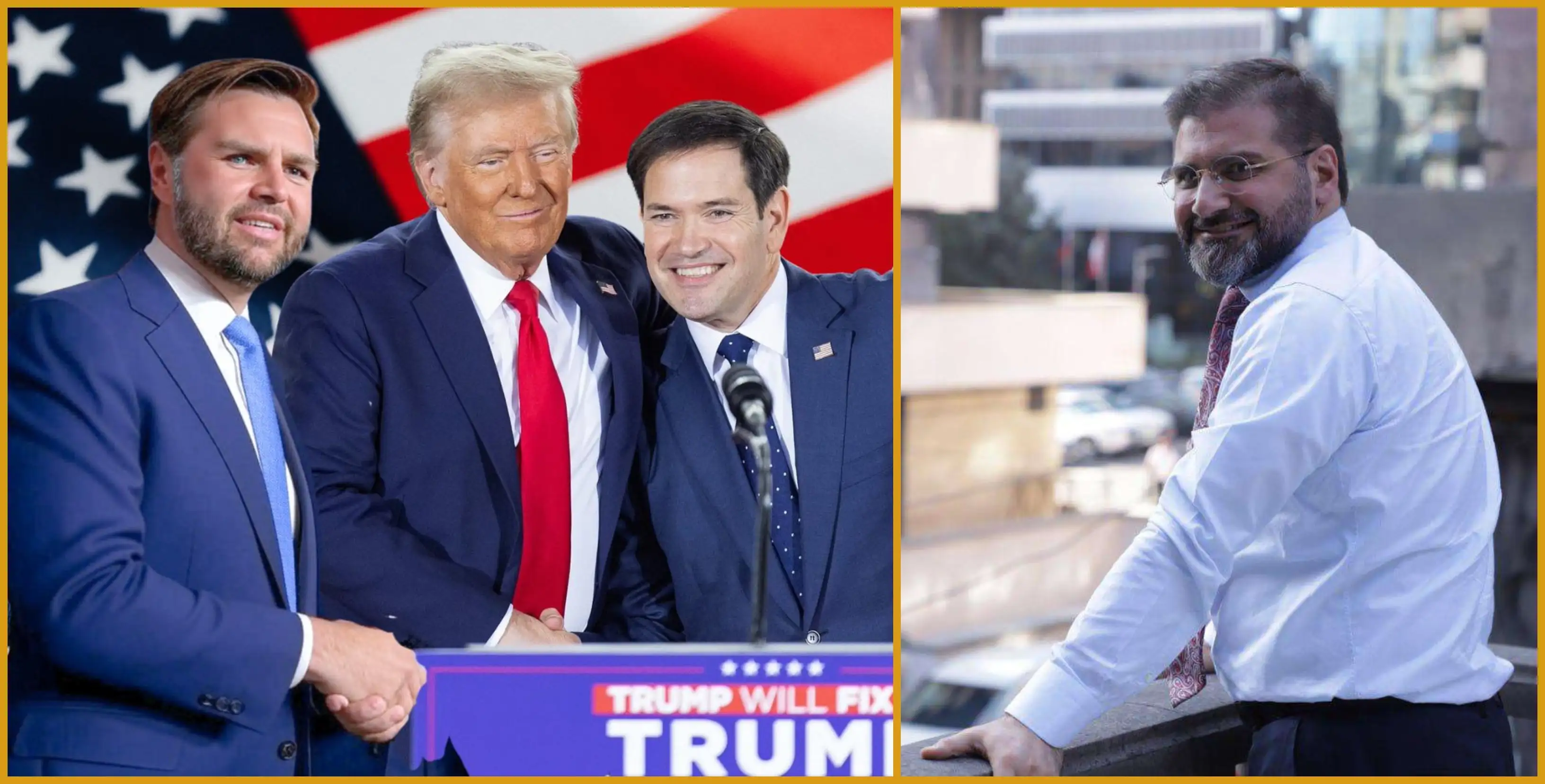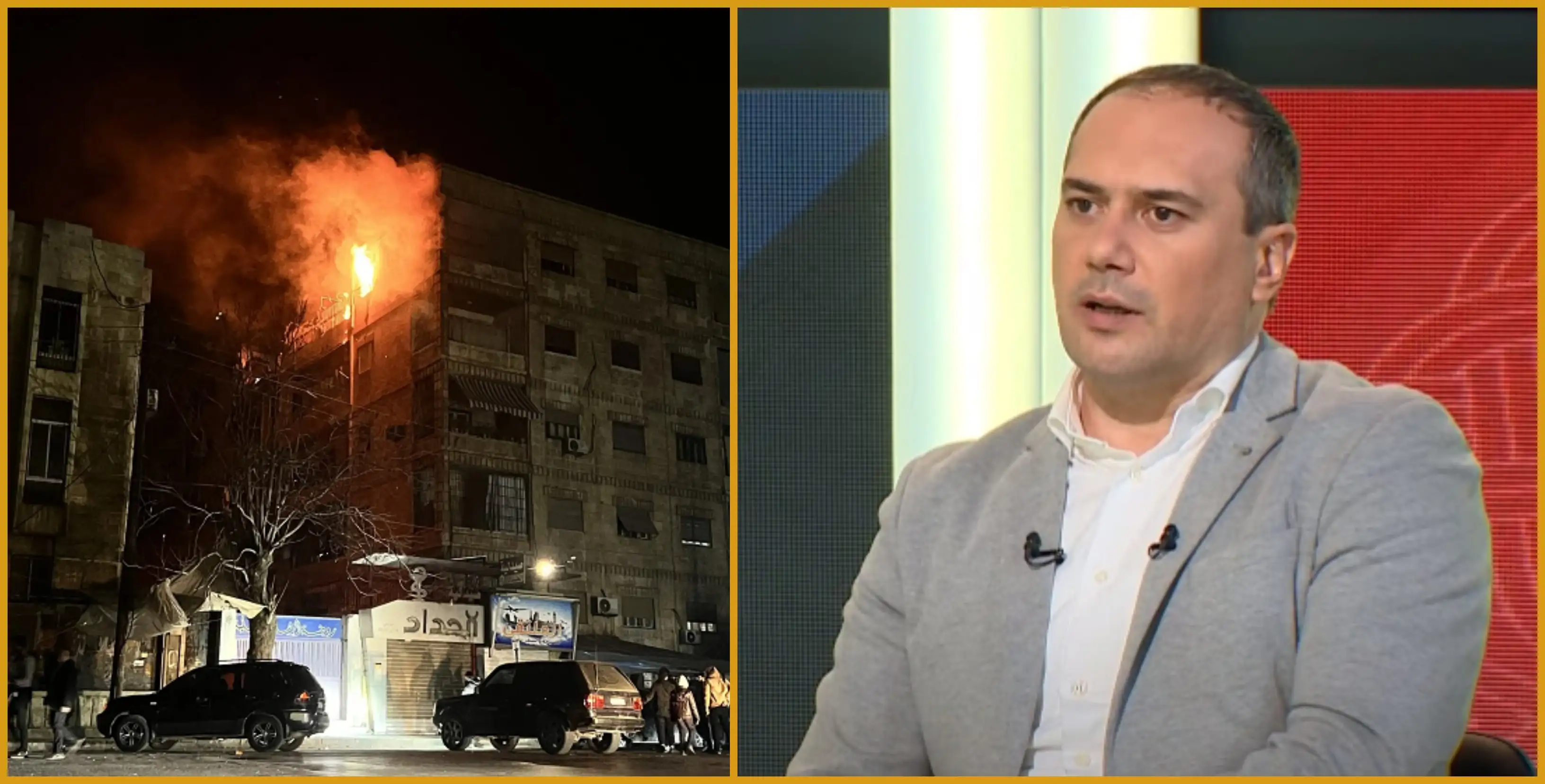Radar Armenia's interlocutor is international affairs expert Shahan Gandaharian.
- The situation in the Middle East is escalating. Israel has struck Iran. Why did it happen? Was what happened expected? Is there a new war in the region?
- The situation has sharply escalated with Israel's unilateral attack. Such an attack was not ruled out. However, there was a theory that the threats were declarative, psychological, and coercive. It is closely related to the US-Iran negotiation process, which Israel is unhappy with. It is too early to confirm that there will be a large-scale war. A lot depends on the US. I think it will be controllable and not go beyond the lines set by the US.
- The US Secretary of State stated that they are not involved in Israel's actions. Is this so? Has Israel decided to implement these steps?
- I don't think Washington is involved. Everything is coordinated with the US. We should take into account the previous clashes between the US and Iran.
- How do you see the outcome of the situation? Will the military operations continue for a long time?
- Tel Aviv has been announcing the terms of the war for several weeks. If Tehran and Washington continue to talk, this will mean that the war will not take on a regional scale. Let's not forget that Iranian proxies are not in the same state as before.
- What will this lead to in the region, considering that many in Armenia say Azerbaijan can take advantage of the situation to carry out military operations against Armenia?
- This possibility is not excluded and is understandable from a political logic. However, Iran is not the only one interested in Syunik; the collective West—the US and Europe—is also involved. Iran is not the only one blocking the construction of the Turanian bridge.
- I would also like you to discuss the negotiations to settle the Russian-Ukrainian conflict. How will the events in the Middle East affect the Russian-Ukrainian negotiations?
- It is not yet clear. The US administration was talking about comprehensive peace, but the opposite is happening in Ukraine and the Middle East.
Arman Galoyan spoke


















